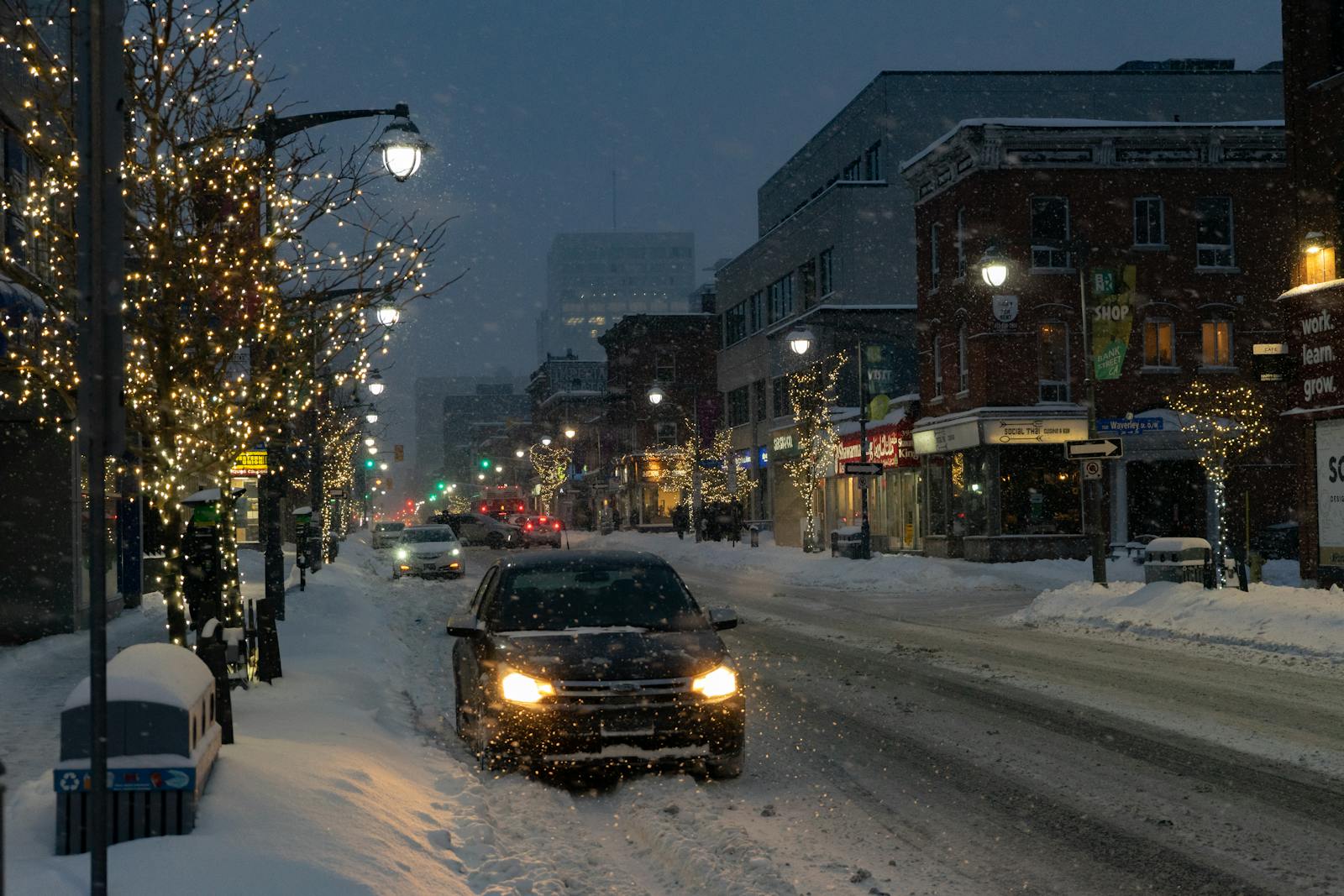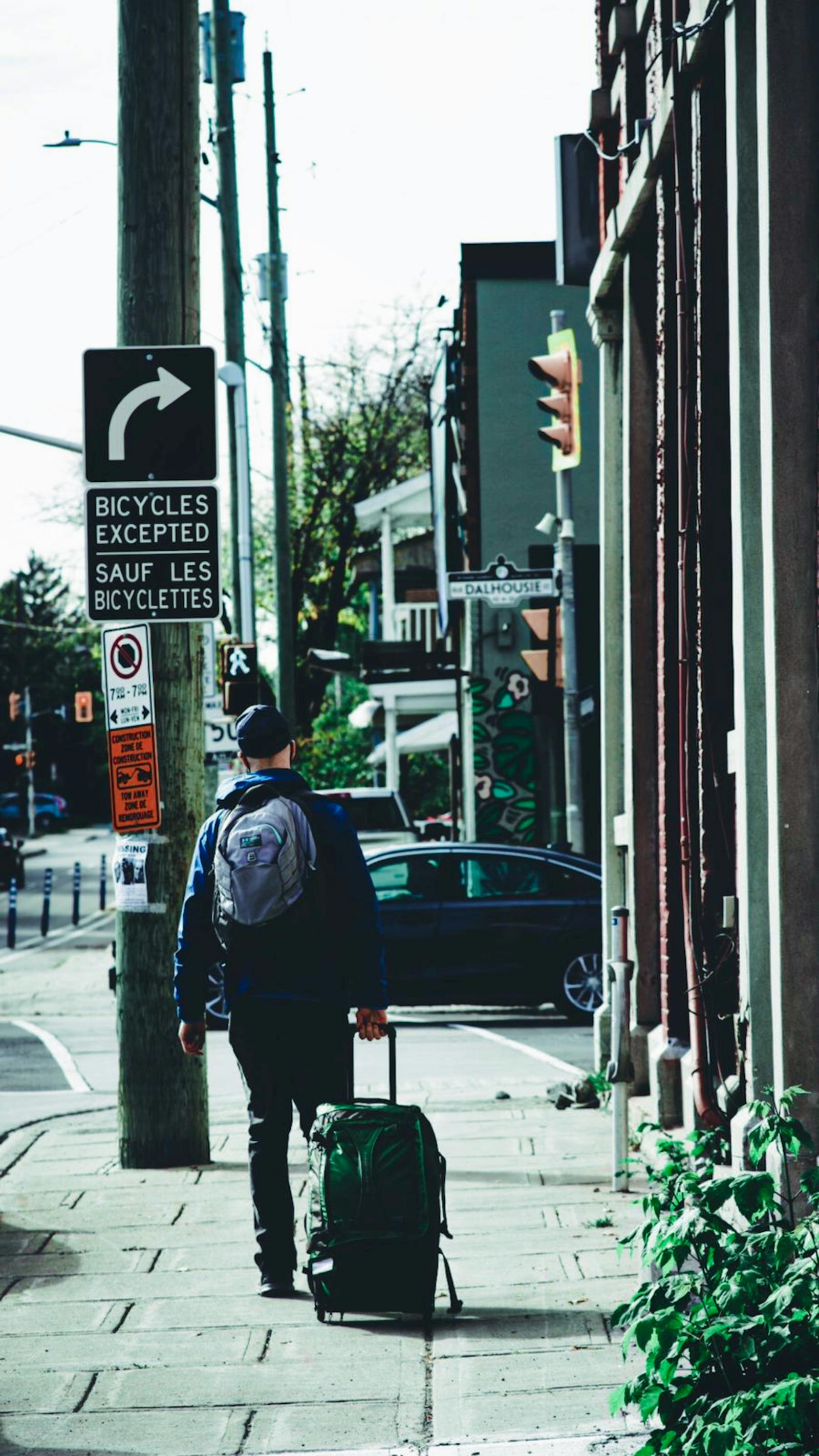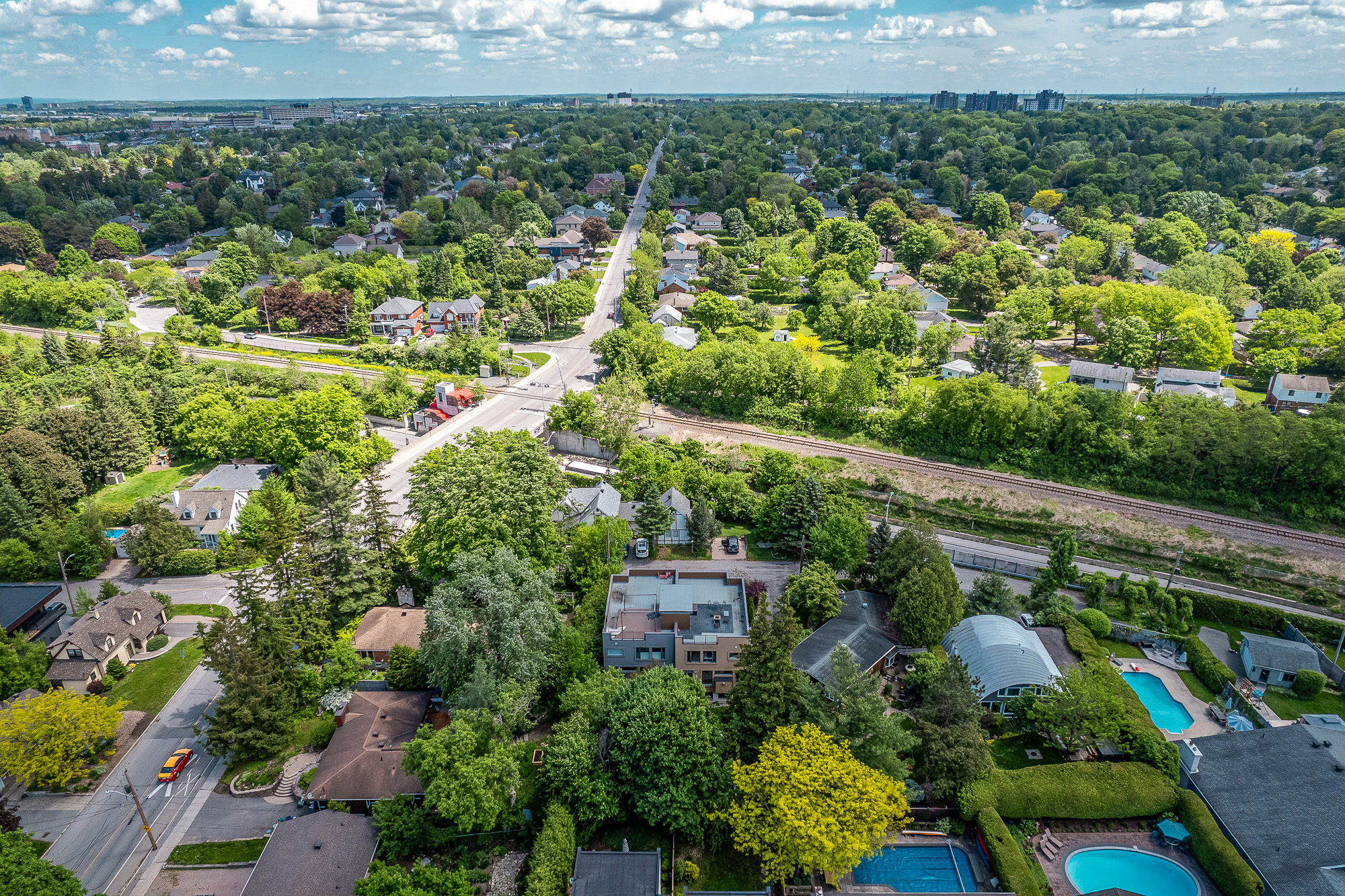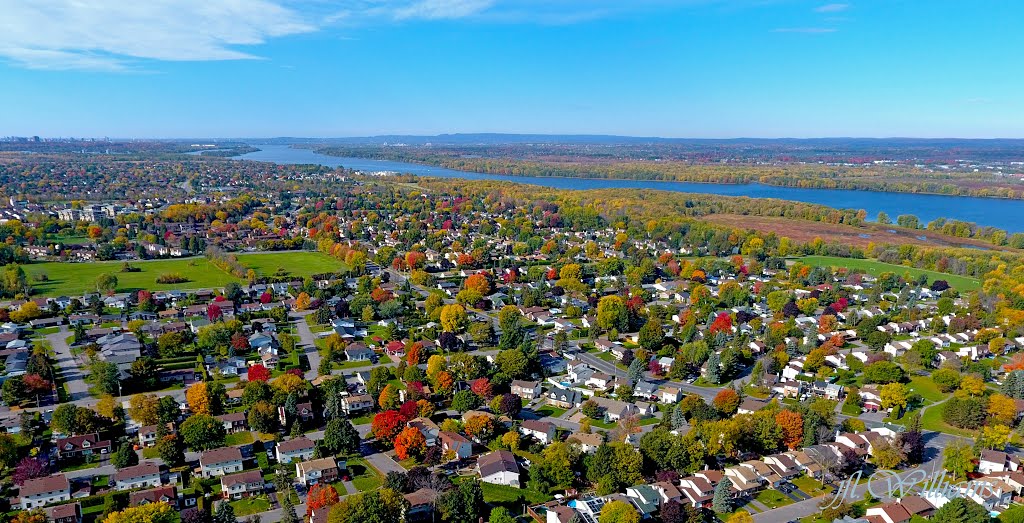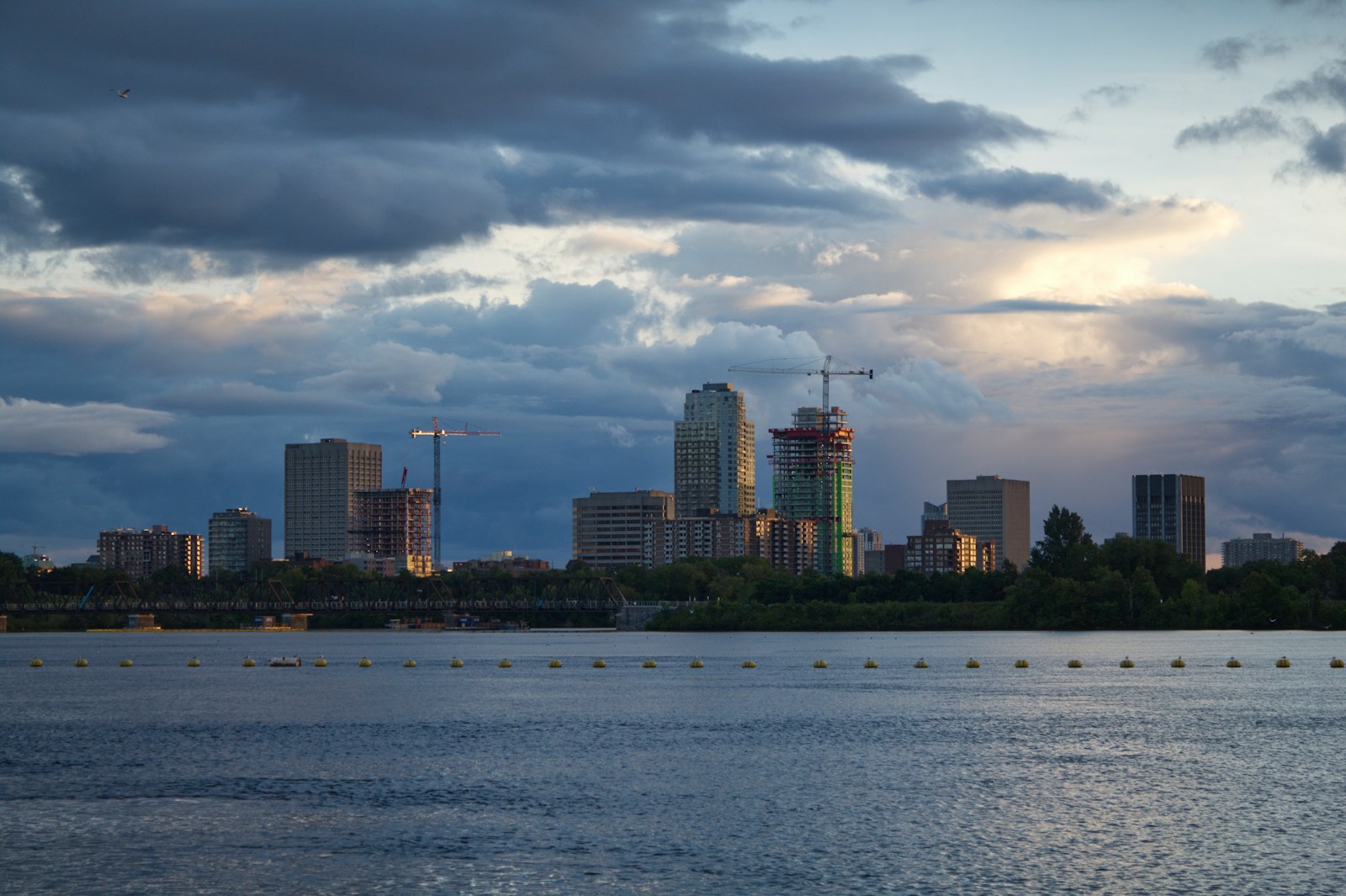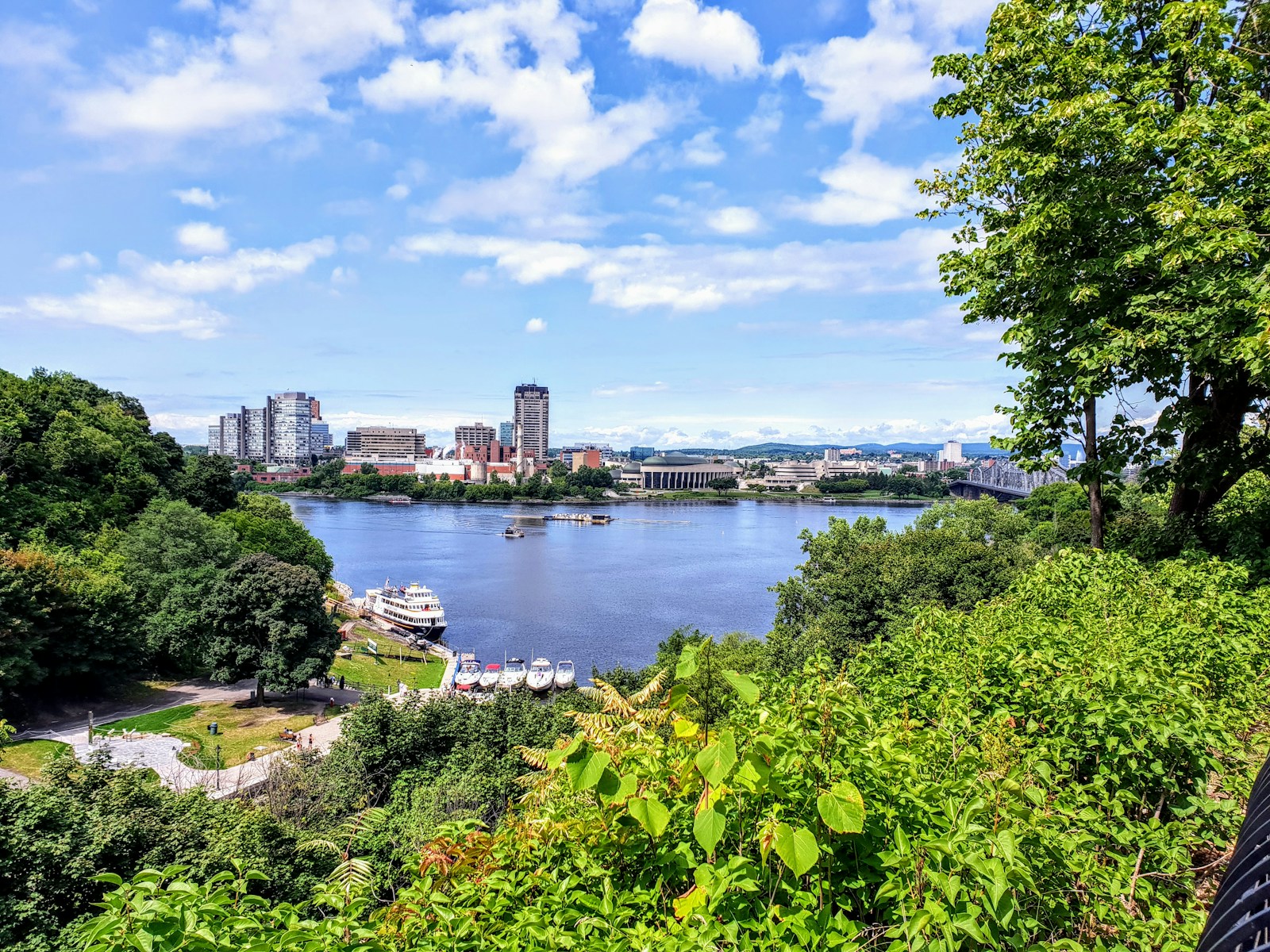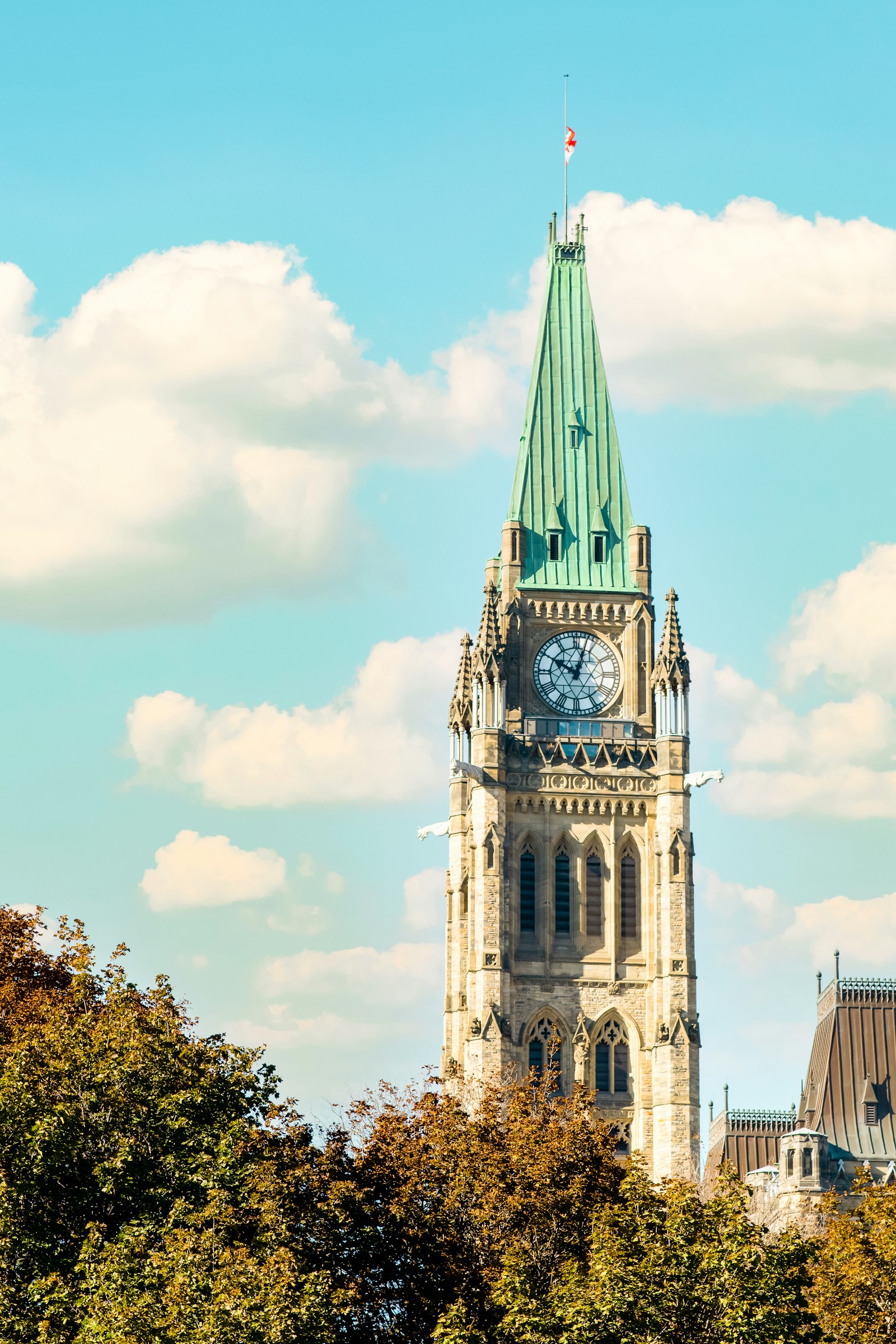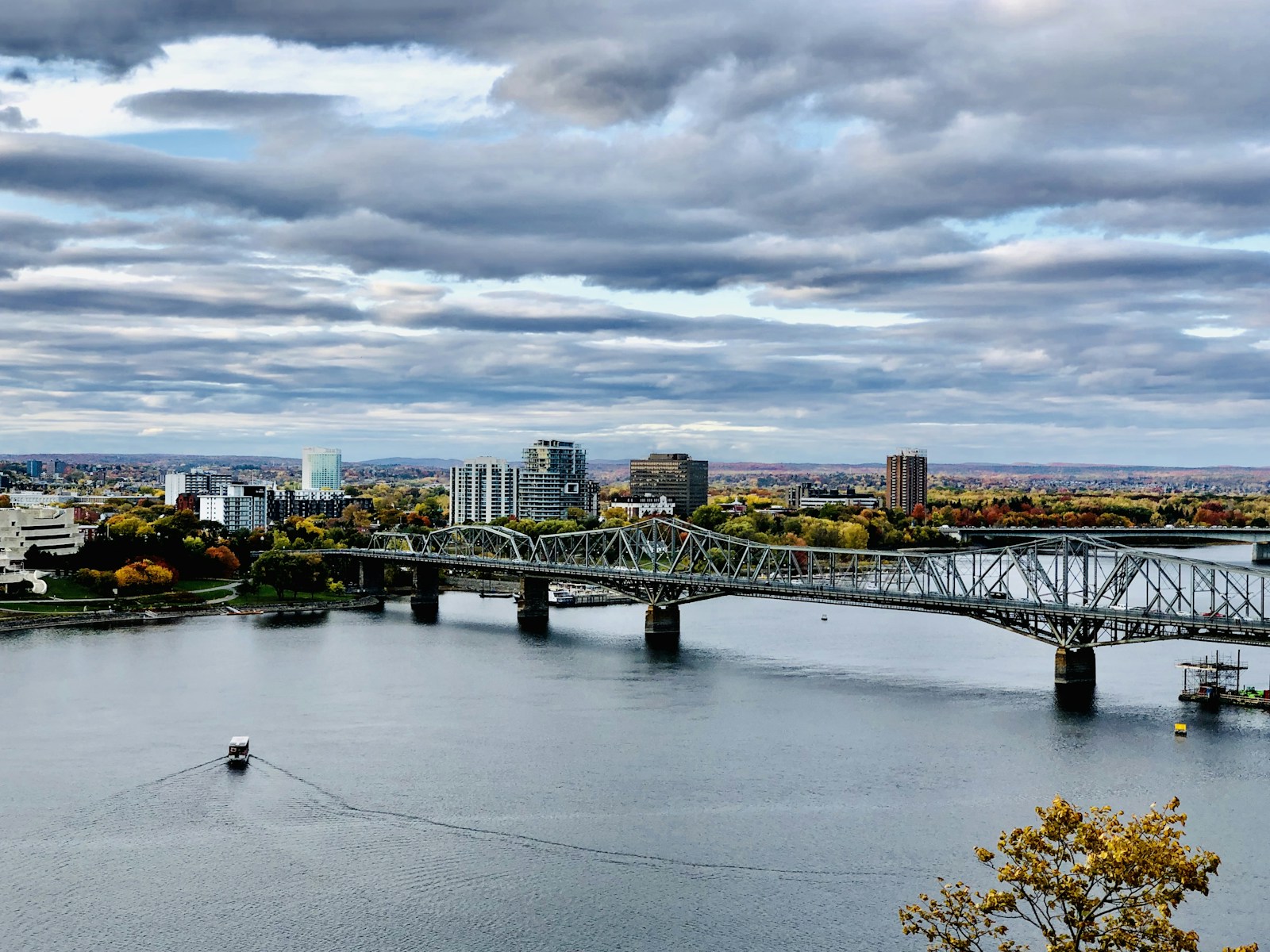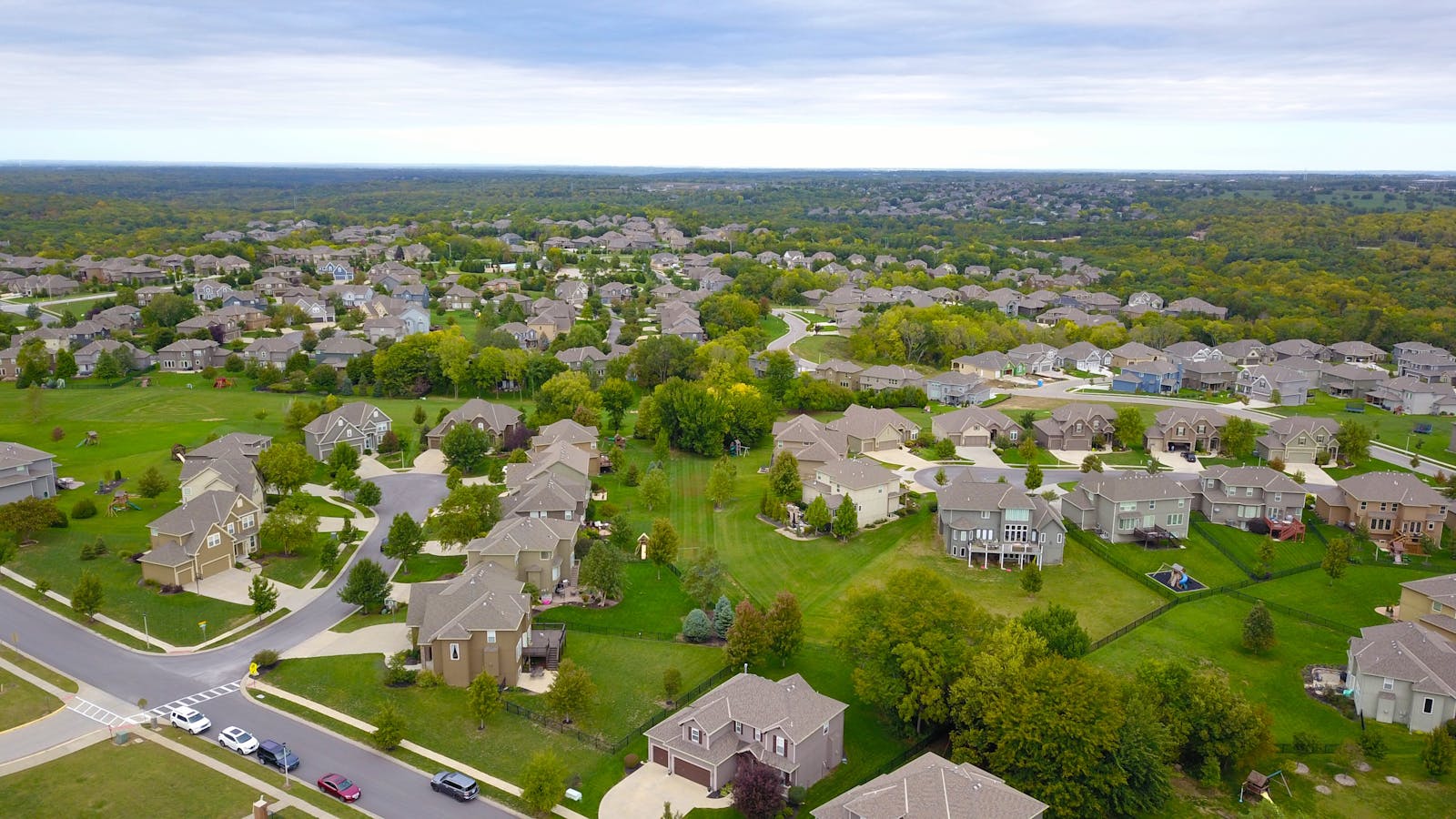Introduction – Why This Process Can Feel Overwhelming
The Dilemma of Buying and Selling at Once
You’re ready to upgrade—but you're stuck in the classic conundrum: do I buy first or sell first? For many Ottawa homeowners, this dual-process feels like a juggling act with financial and emotional risks on both sides.
Why It’s Especially Tricky in Ottawa’s Market
In 2025, Ottawa’s market is steady but competitive. Homes can sell quickly in hot neighborhoods while new listings are tight in others. If you don't plan properly, you might end up homeless for a few weeks—or stuck carrying two mortgages.
Step 1: Know Your Finances Before You List or Look
Get Pre-Approved and Know Your Budget
Before even browsing listings, talk to your mortgage broker or bank. Get pre-approved for your next home while factoring in the equity you’ll have from your current property.
Understand Your Equity and Net Proceeds
Ask your REALTOR® for a net proceeds estimate: the price your home is likely to sell for minus closing costs, mortgage balance, legal fees, and commissions. This helps determine what you can afford on the buy side.
Step 2: Decide Which to Do First – Buy or Sell?
Pros and Cons of Selling First
Advantages:
You know exactly how much equity you have
No risk of carrying two mortgages
Challenges:
You may feel rushed to find your next home
Might need temporary housing if closings don’t align
When Buying First Makes Sense
If you're buying in a low-inventory area, purchasing first may be smarter. You can then list your current home once your new one is secured—just ensure your finances allow for bridge financing or a larger deposit.
Step 3: Time the Transactions Strategically
Conditional Offers and Flexibility
Work with your agent to write conditional offers, such as:
Purchase conditional on the sale of your home
Sale conditional on securing a new property
These clauses protect you while giving both parties confidence.
Using Bridge Financing or Extended Closings
Bridge financing lets you access the equity in your current home before it sells—ideal when there's a gap between closings. Alternatively, ask for flexible or extended closings to give you more time.
Step 4: Hire the Right Real Estate Agent
Why Dual-Transaction Experience Matters
This isn’t a basic buy or sell—this is both. You need an agent who can coordinate listings, showings, negotiations, and closings without missing a beat.
One Agent for Both vs Two Specialists
Ideally, one experienced agent will handle both sides. But if you're moving from one market to another (e.g., rural to urban), collaborating with two specialists may offer stronger results.
Step 5: Prepare Your Home for a Quick Sale
Declutter, Stage, and Price Right
To sell fast, your home needs to shine from day one. Declutter, depersonalize, and hire a professional stager if possible. Your agent will run a Comparative Market Analysis (CMA) to help you price aggressively yet realistically—vital for a fast, clean sale in Ottawa’s 2025 market.
Marketing to Maximize Momentum
Professional photos, drone shots, 3D tours, and a strong online presence (Realtor.ca, social media, Google) can drastically reduce days on market. A well-marketed home sells faster—and gives you the flexibility to move forward confidently.
Step 6: Be Ready to Move Fast on a Purchase
Set Alerts and Pre-Tour Options
Ask your agent to set up instant MLS alerts and be ready to view properties the day they’re listed. Ottawa homes, especially in popular areas like Westboro, Barrhaven, and Kanata, can move quickly.
Leverage Your Agent for Off-Market Deals
Experienced agents often know of pocket listings (homes not yet listed publicly). Tapping into these gives you a leg up over other buyers while reducing pressure on your timeline.
Step 7: Use Legal & Financial Professionals Wisely
Coordinating Lawyers and Lenders
Choose a real estate lawyer who can handle both transactions seamlessly, and a mortgage advisor who understands the risks of buying before selling. They’ll help coordinate mortgage discharge, title transfers, and closing fund flows.
Aligning Closing Dates Seamlessly
When possible, aim to close on your new purchase one day after your home sale. This overlap allows time to receive funds and reduces stress from same-day closings—which can be risky if there's any delay in your sale.
Bonus Tips for Smooth Transitioning
Temporary Housing Options
If the stars don’t align, don’t panic. Consider:
Short-term rentals (Airbnb or corporate housing)
Staying with family
Negotiating post-closing occupancy where you rent your sold home for a few days from the buyer
Storage Solutions for Overlap Periods
Book a portable storage unit (like PODS) or a local facility. This simplifies moving day logistics and reduces clutter in your interim space.
Frequently Asked Questions
Q1: What if my current home doesn’t sell in time?
You may need to reduce your price, improve staging, or renegotiate your purchase closing date. In worst-case scenarios, bridge financing or renting your home temporarily can help.
Q2: Can I write a purchase offer conditional on my sale?
Yes—this is a common clause. However, in a seller’s market, it may weaken your offer. Your agent will guide you on how and when to use it strategically.
Q3: How does bridge financing work in Ottawa?
It’s a short-term loan that lets you access equity from your current home before it sells. Most lenders require a firm sale agreement before approval.
Q4: Should I rent before buying again?
This can give you more flexibility and reduce financial stress—but may involve two moves and rental costs.
Q5: What if I get a low offer?
Don’t panic. You can counter or improve your home’s appeal. If time allows, wait for stronger buyers—pricing and presentation are key.
Q6: How long should I expect each transaction to take?
Selling: 2–4 weeks to receive offers + 30–60 days to close
Buying: 1–4 weeks to find a home + 30–60 days to close
Plan for 3–4 months total from start to finish.
Conclusion – Buy and Sell with Strategy, Not Stress
Buying and selling at the same time doesn’t have to be chaotic. With a well-planned strategy, the right professionals, and a clear timeline, you can transition smoothly between homes—without sacrificing peace of mind. Ottawa’s market offers opportunities for smart sellers and savvy buyers. Make your next move confidently, knowing you’re prepared for every step.

